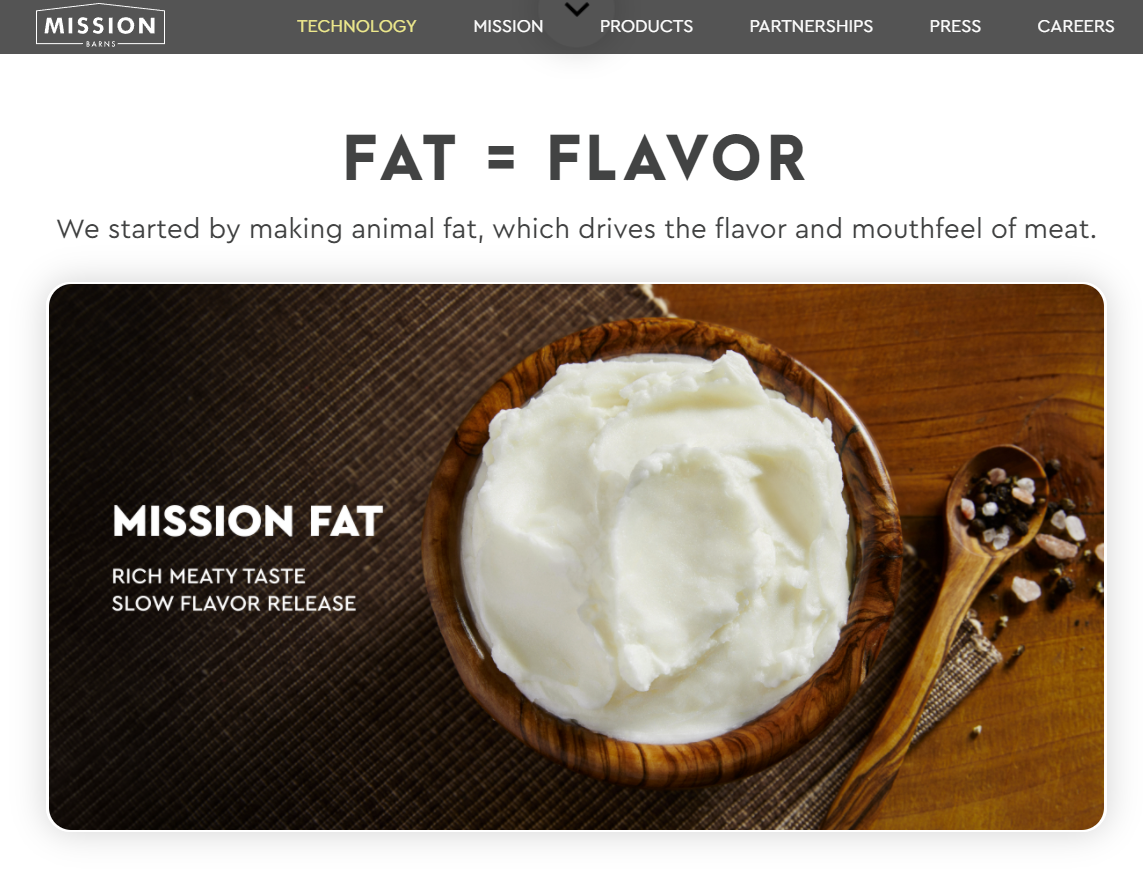I have recently seen a paper on preferences and attitudes of Belgium consumers concerning meat blended with plant-based proteins. This made me think about the current “meat crisis” in Brazil. Although this is the world's largest exporter of beef, its average consumption in the country has dropped from 42.8kg to 26.5kg [in Portuguese] - the lowest level in decades [link in English]. This is related to the economic crisis of the last few years (and particularly to the COVID-19 crisis), to a surge in food prices (despite a reduction in exports [1]) and an increase in food insecurity. Households are replacing beef with chicken, eggs, pork, or products with lower levels of protein [2].
As a vegetarian, I have always found remarkably hard to explain to my relatives how I get my protein intake. Part of the problem is cultural: well, I'm from a region where the local cuisine is basically barbecue, and people often feel that a meal without animal products inherently lacks something. This sometimes results in bizarre situations, Which is curious, because I have heard anecdotes about people cooking with soy protein in the 80s and 90s, during the last inflation crisis, to replace meat.
Also, I have realized that part of the problem is the access of people to plant-based products, and also the way they are marketed - usually as fancy or expensive dietary supplements, instead of routine ingredients like flour. I can search for a bargain and buy 1kg isolated soy protein (90%) only for less than what most people pay for low quality beef products … There's no way to beat plant-based protein supplements, if you can buy your food online [3]. But if I go to a small grocery store, the best I get is soy extract (used for soy "milk"), priced as a luxury good. And the good old (not very tasty, I admit) cheap plant-burgers are being totally replaced by the delicious & expensive & very well-marketed "fake meat burgers" everywhere.
I see this as a possible market failure, caused by either sticky cultural habits, or lack information [4], etc. And, of course, a moral tragedy: people are starving, or consuming more fat, and / or eating more chicken / eggs / pork, so increasing animal suffering. But it's also a consequence of policy (animal protein sources are listed as essential products in legislation) and marketing decisions.
So my point: is there any way of changing it? Like teaching poor people how to find and use plant-based products? Or perhaps there is something like healthy products (unlike nuggets) mixing animal and plant-based protein, so "diluting" the externalities associated with factory farming and reaching a wider public?
[1] Beef (nominal) prices have increased about 166% in the last ten years. Yet, they have remained stable after China suspended Brazilian beef for alleged sanitary reasons; but as this measure was made void in December, we expect prices to surge again along this year.
One can contrast it with Argentina, which suspended its beef exports to keep internal prices low. Things went so crazy that recent videos of people butchering cows in the middle road after a truck accident went viral.
[2] Unlike what this piece of misinformation states:
"But, amid news of the negative health effects of meat consumption and the devastating effects of cattle ranching on the Amazon rainforest, eating habits are slowly changing in the meat-loving nation.
This change is reflected in the growing number of people swapping animal-based burgers for plant-based versions."
[3] I guess one of the distinctive traits of vegans / vegetarians is just this: we tend to pay attention to what we are eating.
[4] And, of course, evil factory farmers. Recently, they have reacted to a campaign from one of the major banks, which wanted to dissociate from ethical issues concerning animal farming, by having barbecues all around the country.

